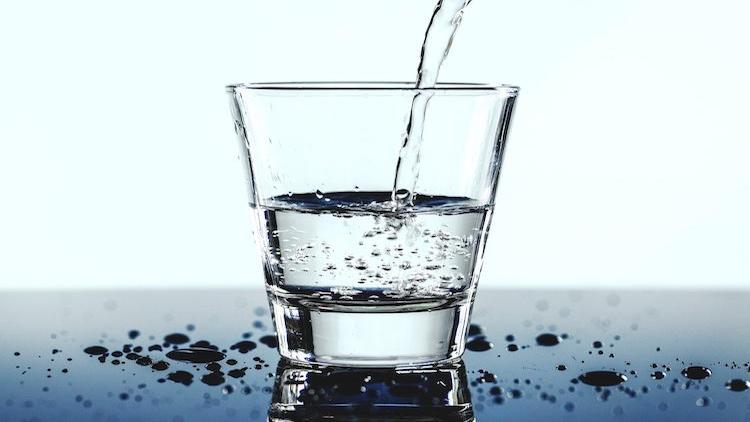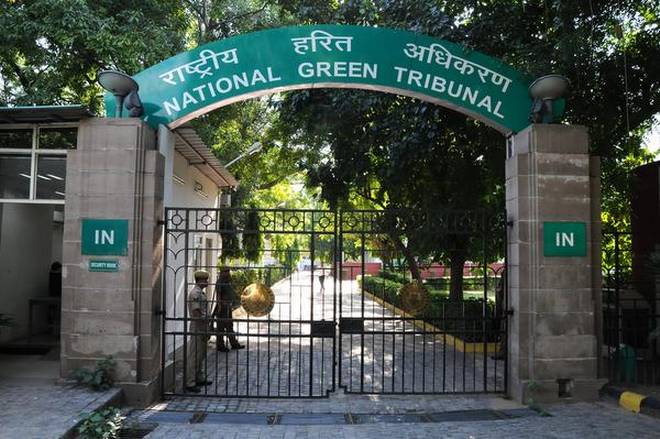Just How Safe Is RO Water?

Just how safe is Reverse Osmosis or RO water? On Friday, manufacturers of RO machines approached the Supreme Court to stop a ban by the National Green Tribunal on RO machines going into effect.
While the court refused to interfere in the orders of the NGT, it has asked the manufacturers to approach the central government and make their case within 10 days. The Centre has also been asked to give the association a hearing before coming out with a notification.
The matter dates back to May 28 when the NGT had ordered the Union Environment Ministry to issue orders banning RO machines which produce water with less than 500mg of total dissolved salts (TDS). The Tribunal had asked that all RO machine manufacturers to provide adequate labelling to inform consumers that RO machines are meant for areas where the TDS is more than 500 mg per litre. Under the Bureau of Indian Standards (BIS), water is treated as below par if the TDS is less than 500 mg per litre. The NGT had also asked RO manufactures to ensure that not more than 40 percent of water should be waste-water and eventually this waste-water should be reduced to 25 percent. Delhi based NGO, ‘Friends’ had filed the original petition in the NGT alleging that the indiscriminate use of RO machines was leading to a huge wastage of water in the country. The NGT in its order had also noted that more than 160 million Indians don’t have access to clean drinking water, the highest such population in the world.
Reverse Osmosis, or the process of passing water through membranes which remove dissolved salts was initially done in areas with water shortage including Gulf countries. However, its use in home sized units spread. There have been several studies which highlight the importance of dissolved minerals including calcium and magnesium. While water is not a significant source of these elements, the elements present in water which has not been demineralised, have free ions and are thus readily absorbed from water as compared to food where they are bound to other substances.
Interestingly, a position paper by the World Health Organisation ( WHO) has stated that “not only does completely demineralised water (distillate) have unsatisfactory organoleptic properties, but it also has a definite adverse influence on the animal and human organism.”
Of note is that the ‘Water Quality India Association’ which represents the RO manufacturers had in the Supreme Court cited instances of poor water quality in various cities, including the national capital to make a case for RO machines.
The paper can be accessed here.
Delhi based NGO, ‘Friends’ had filed the original petition in the NGT alleging that the indiscriminate use of RO machines was leading to a huge wastage of water in the country. The NGT in its order had also noted that more than 160 million Indians don’t have access to clean drinking water, the highest such population in the world.
Reverse Osmosis, or the process of passing water through membranes which remove dissolved salts was initially done in areas with water shortage including Gulf countries. However, its use in home sized units spread. There have been several studies which highlight the importance of dissolved minerals including calcium and magnesium. While water is not a significant source of these elements, the elements present in water which has not been demineralised, have free ions and are thus readily absorbed from water as compared to food where they are bound to other substances.
Interestingly, a position paper by the World Health Organisation ( WHO) has stated that “not only does completely demineralised water (distillate) have unsatisfactory organoleptic properties, but it also has a definite adverse influence on the animal and human organism.”
Of note is that the ‘Water Quality India Association’ which represents the RO manufacturers had in the Supreme Court cited instances of poor water quality in various cities, including the national capital to make a case for RO machines.
The paper can be accessed here.
The matter dates back to May 28 when the NGT had ordered the Union Environment Ministry to issue orders banning RO machines which produce water with less than 500mg of total dissolved salts (TDS). The Tribunal had asked that all RO machine manufacturers to provide adequate labelling to inform consumers that RO machines are meant for areas where the TDS is more than 500 mg per litre. Under the Bureau of Indian Standards (BIS), water is treated as below par if the TDS is less than 500 mg per litre. The NGT had also asked RO manufactures to ensure that not more than 40 percent of water should be waste-water and eventually this waste-water should be reduced to 25 percent.
 Delhi based NGO, ‘Friends’ had filed the original petition in the NGT alleging that the indiscriminate use of RO machines was leading to a huge wastage of water in the country. The NGT in its order had also noted that more than 160 million Indians don’t have access to clean drinking water, the highest such population in the world.
Reverse Osmosis, or the process of passing water through membranes which remove dissolved salts was initially done in areas with water shortage including Gulf countries. However, its use in home sized units spread. There have been several studies which highlight the importance of dissolved minerals including calcium and magnesium. While water is not a significant source of these elements, the elements present in water which has not been demineralised, have free ions and are thus readily absorbed from water as compared to food where they are bound to other substances.
Interestingly, a position paper by the World Health Organisation ( WHO) has stated that “not only does completely demineralised water (distillate) have unsatisfactory organoleptic properties, but it also has a definite adverse influence on the animal and human organism.”
Of note is that the ‘Water Quality India Association’ which represents the RO manufacturers had in the Supreme Court cited instances of poor water quality in various cities, including the national capital to make a case for RO machines.
The paper can be accessed here.
Delhi based NGO, ‘Friends’ had filed the original petition in the NGT alleging that the indiscriminate use of RO machines was leading to a huge wastage of water in the country. The NGT in its order had also noted that more than 160 million Indians don’t have access to clean drinking water, the highest such population in the world.
Reverse Osmosis, or the process of passing water through membranes which remove dissolved salts was initially done in areas with water shortage including Gulf countries. However, its use in home sized units spread. There have been several studies which highlight the importance of dissolved minerals including calcium and magnesium. While water is not a significant source of these elements, the elements present in water which has not been demineralised, have free ions and are thus readily absorbed from water as compared to food where they are bound to other substances.
Interestingly, a position paper by the World Health Organisation ( WHO) has stated that “not only does completely demineralised water (distillate) have unsatisfactory organoleptic properties, but it also has a definite adverse influence on the animal and human organism.”
Of note is that the ‘Water Quality India Association’ which represents the RO manufacturers had in the Supreme Court cited instances of poor water quality in various cities, including the national capital to make a case for RO machines.
The paper can be accessed here.
Latest Videos
















